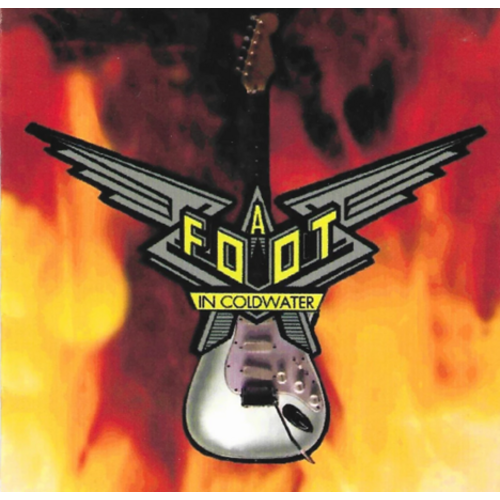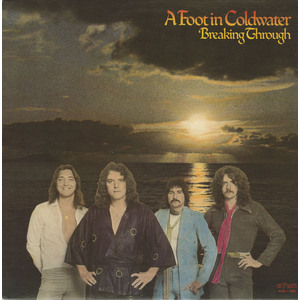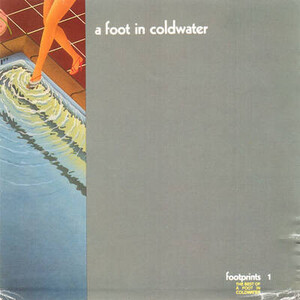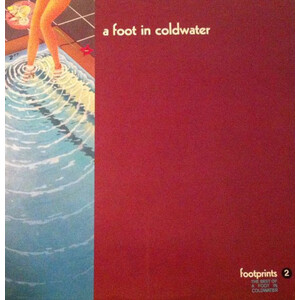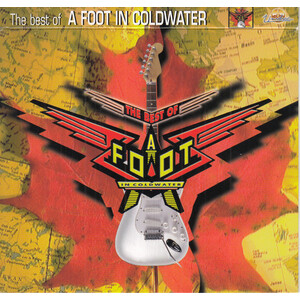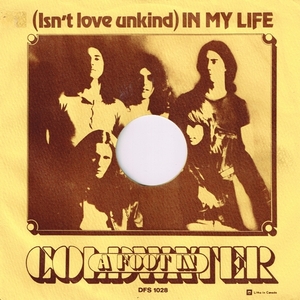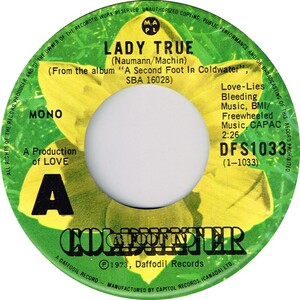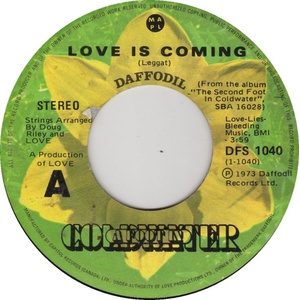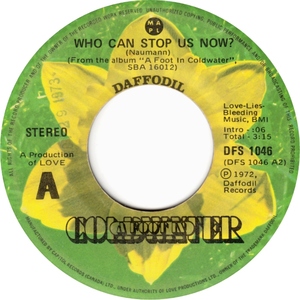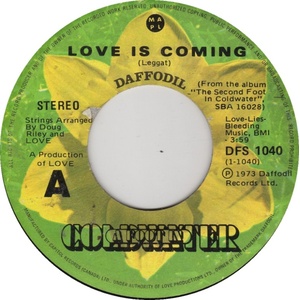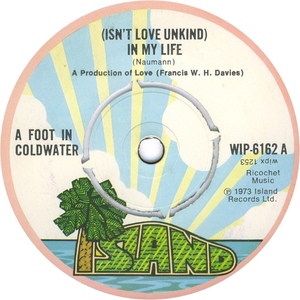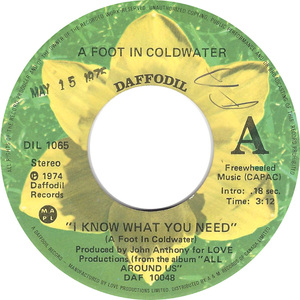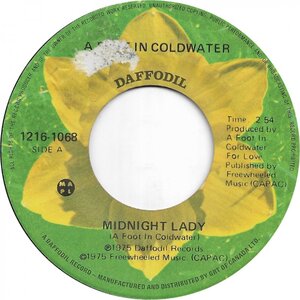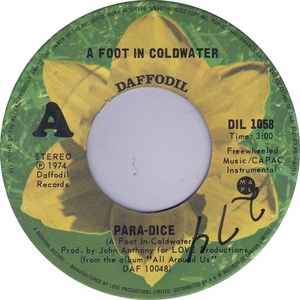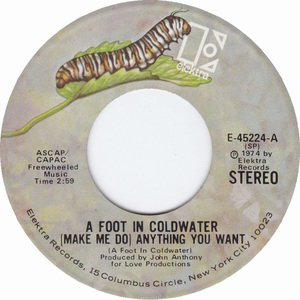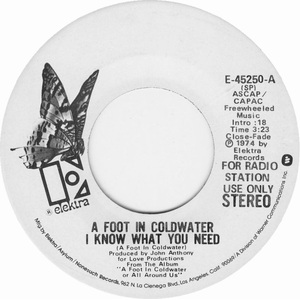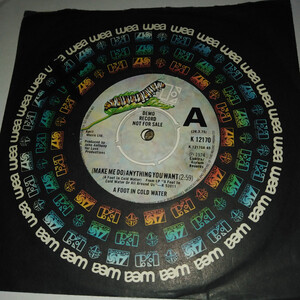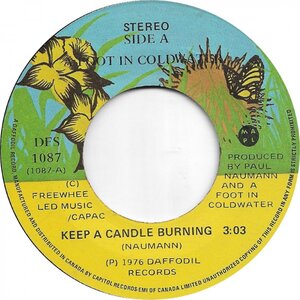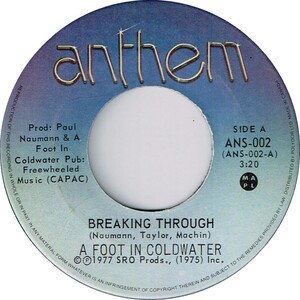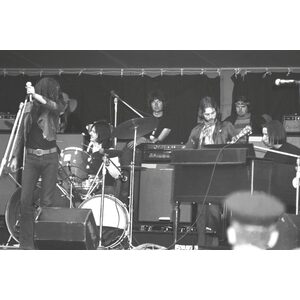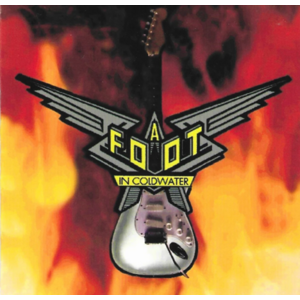A Foot in Coldwater
Websites:
http://www.afootincoldwater.com/
Origin:
Toronto, Ontario, 🇨🇦
Biography:
A Foot in Coldwater was a Canadian progressive rock band formed in Toronto in 1970. The original lineup consisted of Alex Machin (vocals), Paul Naumann (guitar), Hughie Leggat (bass, vocals), Bob Horne (keyboards), and Danny Taylor (drums, percussion). The band is best known for their hit "(Make Me Do) Anything You Want," which reached the Canadian Top 25 in 1972 and again in 1974.
The band's formation brought together members from previous groups: Machin and Naumann from Island, and Leggat, Horne, and Taylor from Nucleus, which had evolved from the Lords of London. They signed with Daffodil Records, and their self-titled debut album was released in 1972. The album showcased their blend of hard rock and melodic ballads, setting them apart in the Canadian rock scene.
Their second album, The Second Foot in Coldwater (1973), continued their success with singles like "Love Is Coming" and "(Isn't Love Unkind) In My Life." In 1974, they released All Around Us, which included a reissue of their hit "(Make Me Do) Anything You Want." Despite their growing popularity, Daffodil Records filed for bankruptcy in 1975, leaving the band without a label.
Citizen Freak
After a brief hiatus, the band signed with Anthem Records and released their fourth album, Breaking Through, in 1977. The album featured a more polished sound but did not achieve commercial success, leading to the band's dissolution later that year.
Post-breakup, members pursued various musical endeavors. Leggat formed bands like Thunder Road and Private Eye, while Machin joined Moxy and later worked as a staff songwriter in Los Angeles. The band reunited occasionally in the late 1980s and 1990s for short tours. In 1998, Unidisc Music reissued their first three albums and a two-disc compilation, The Very Best of A Foot in Coldwater.
A Foot in Coldwater's legacy endures in the Canadian rock landscape, with their unique fusion of hard rock and melodic balladry influencing subsequent generations of musicians.
-Robert Williston
